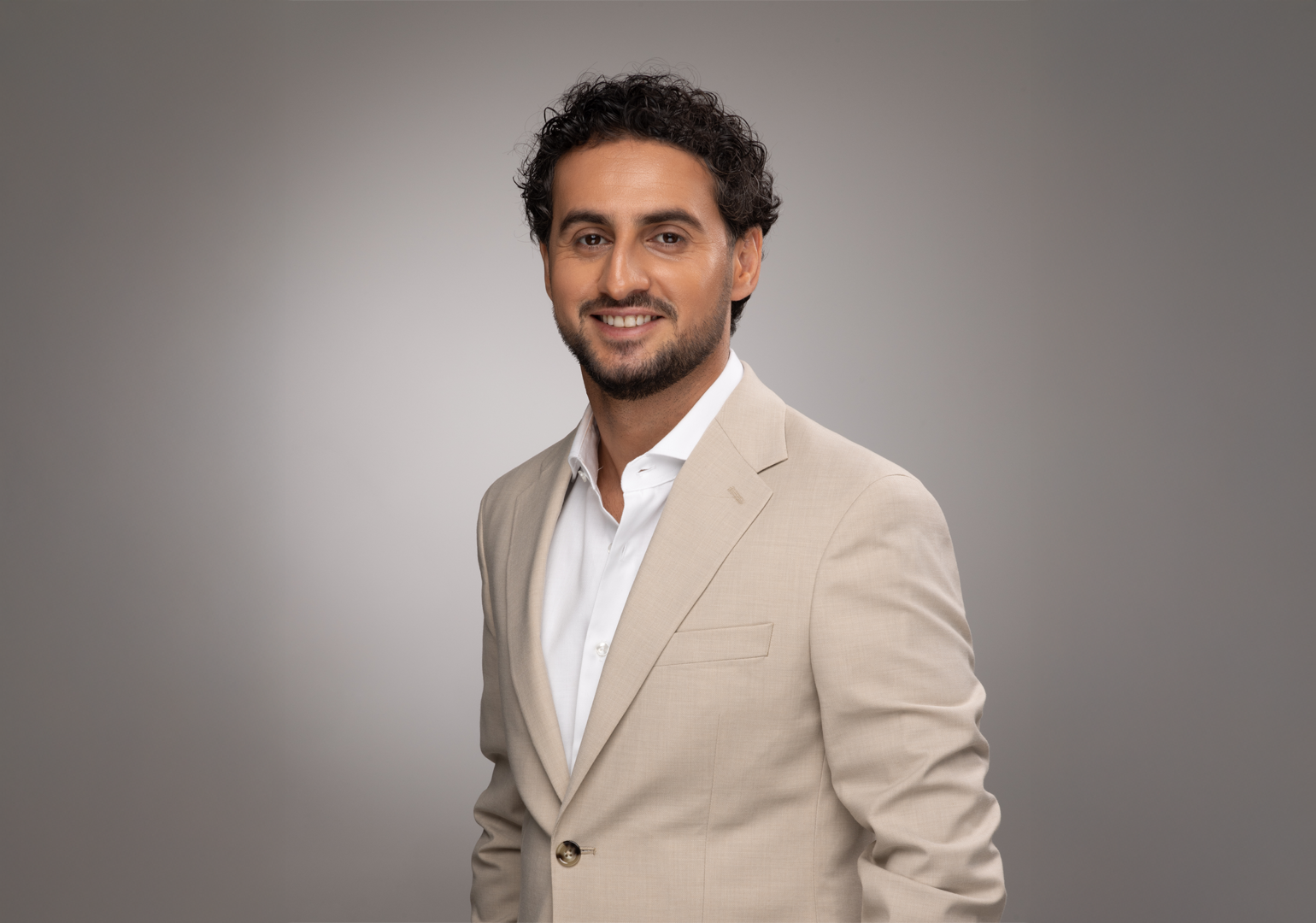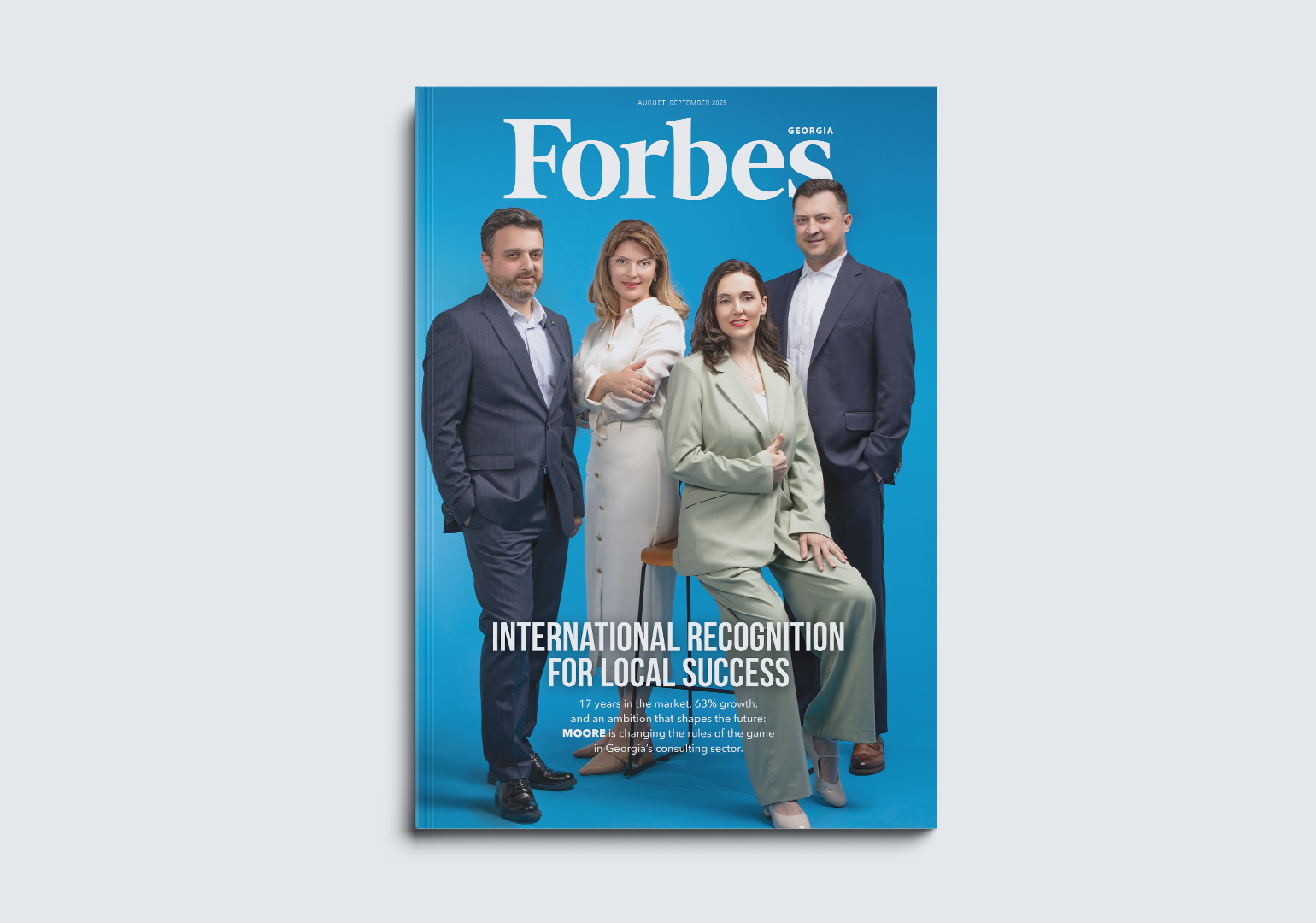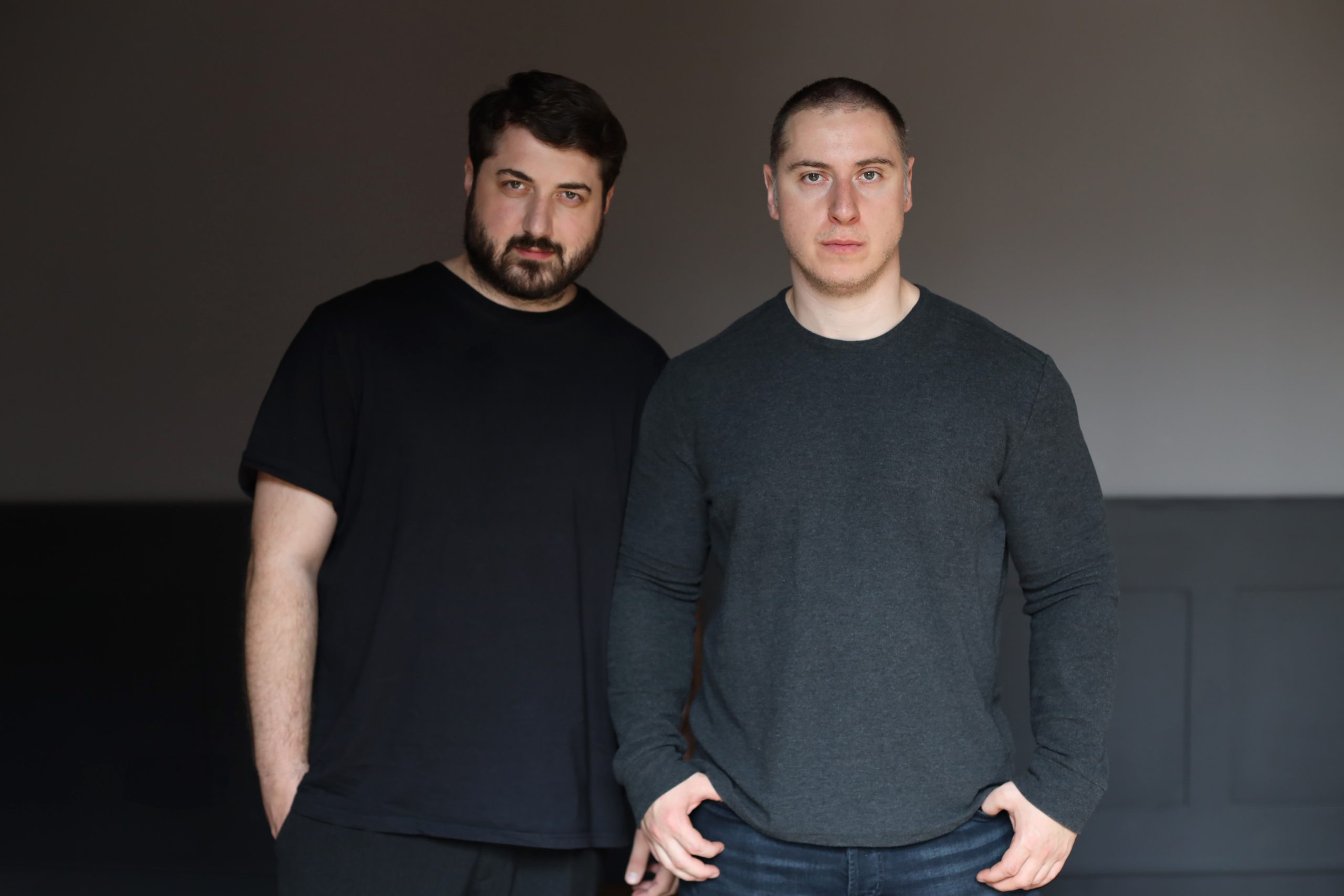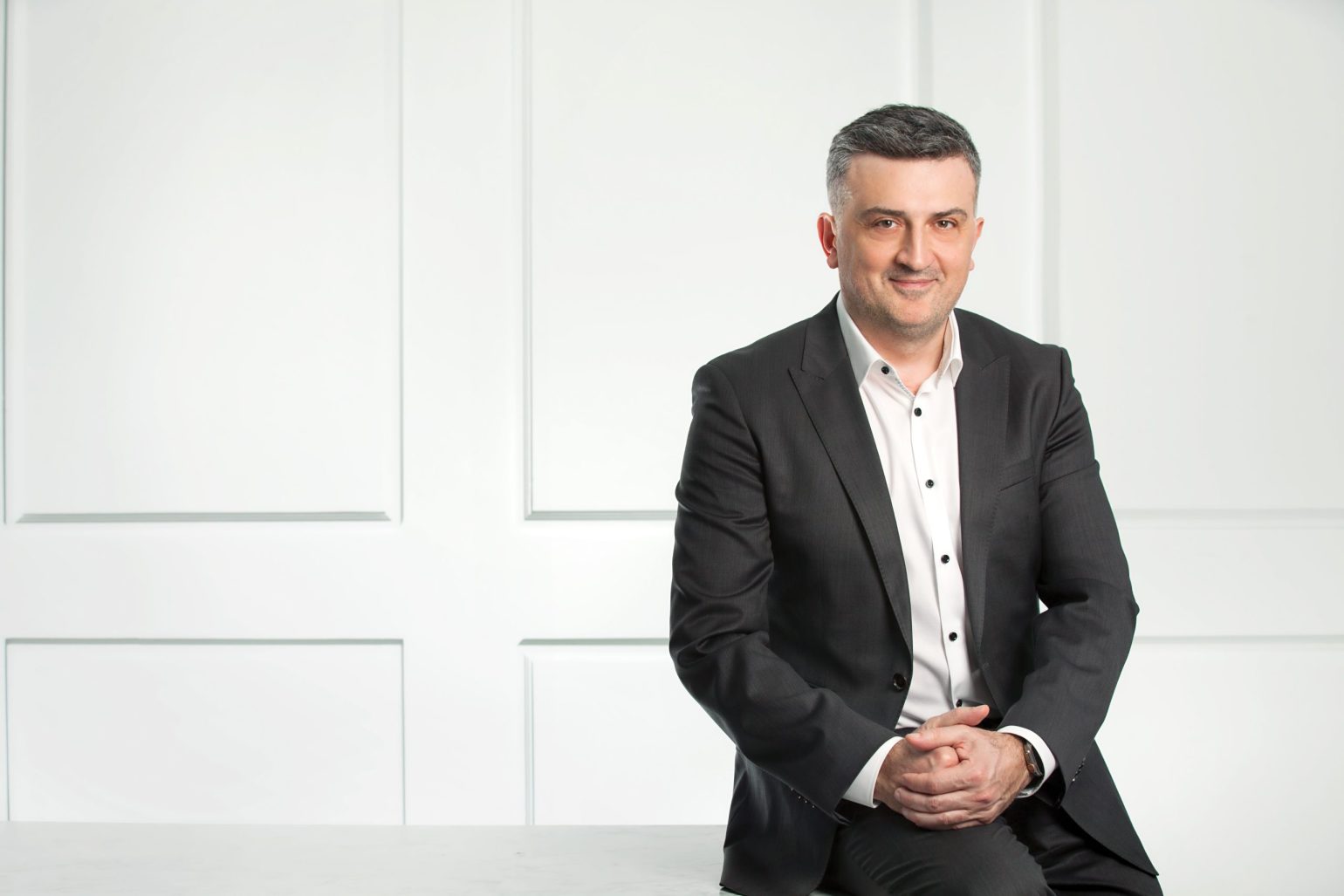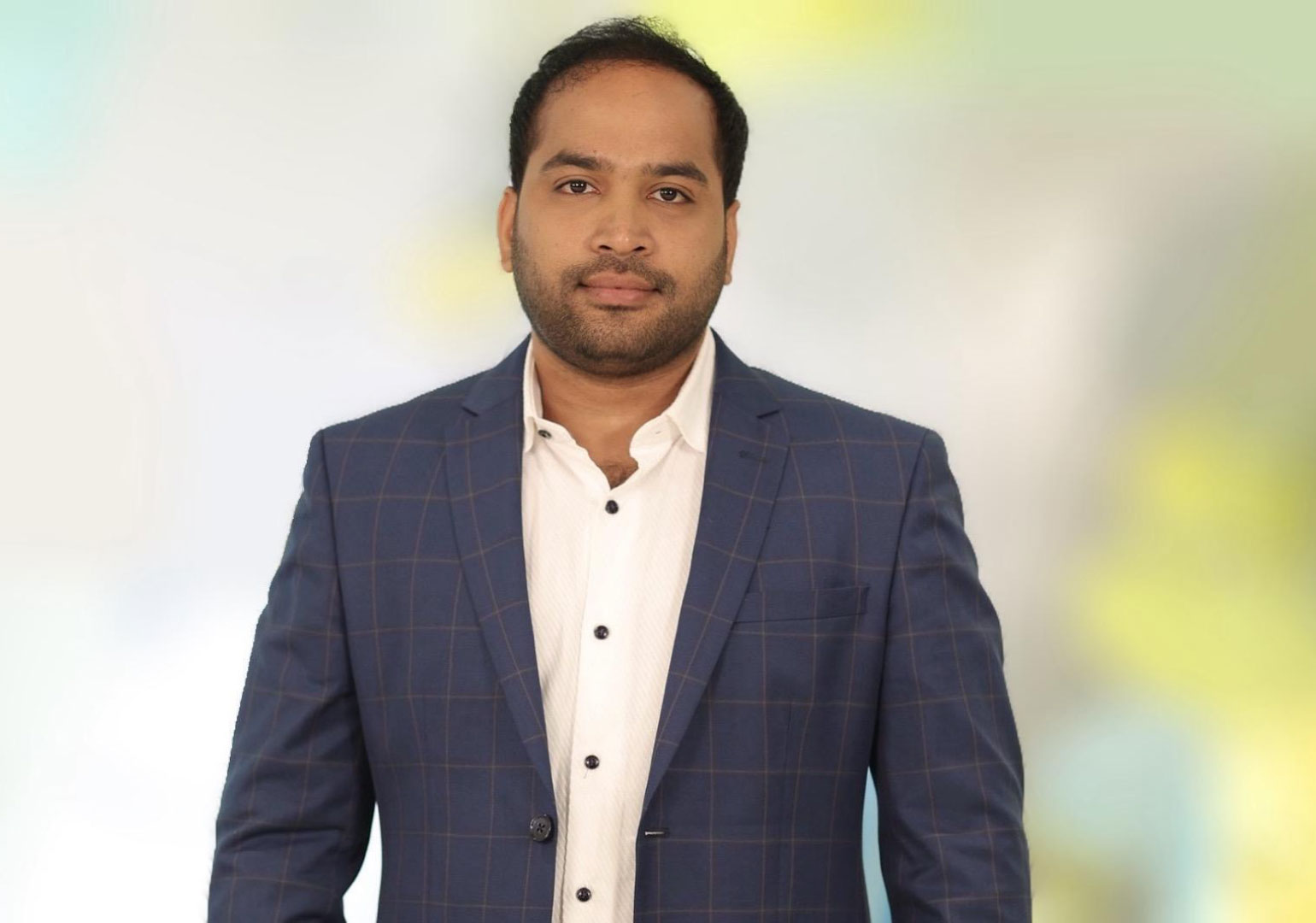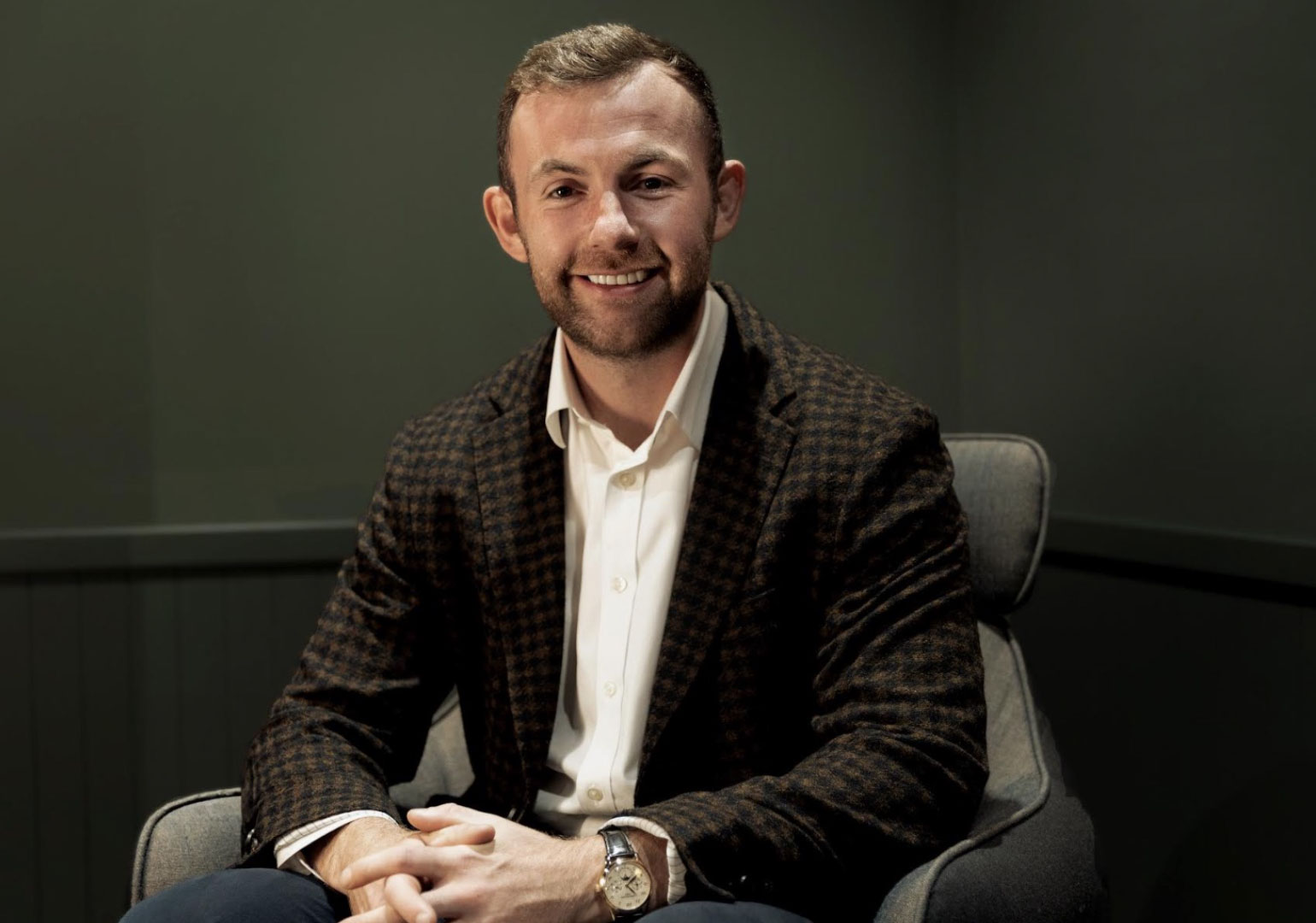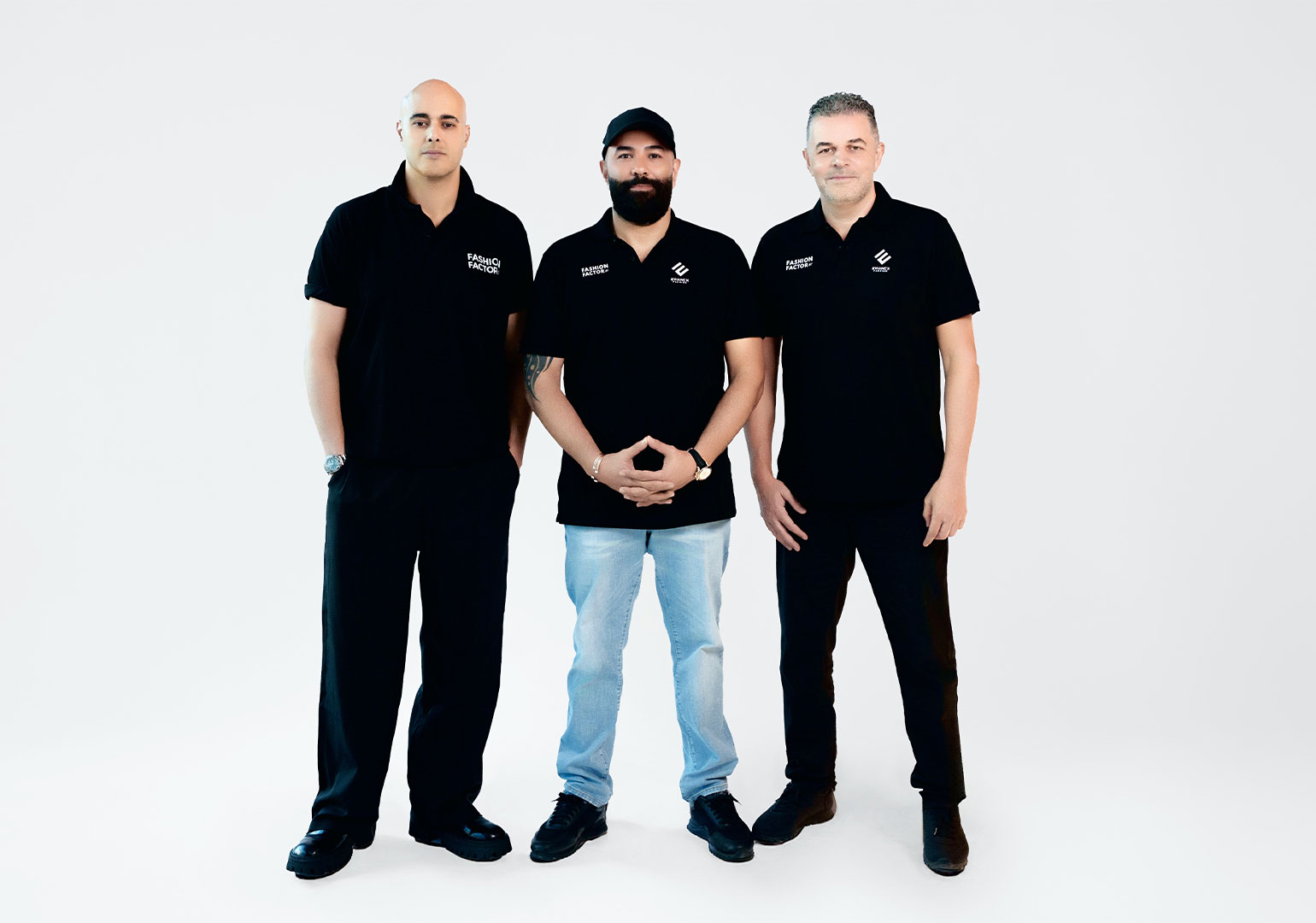The best way for adult smokers to reduce their risks of smoking-related diseases, such as lung cancer, chronic obstructive pulmonary disease (COPD), and cardiovascular diseases, is to quit tobacco and nicotine altogether. However, evidence has shown that many people don’t quit.
The question we want to discuss in this conversation with Dr. Gizelle Baker from PMI whether for smokers who won’t quit, switching to a product that doesn’t burn tobacco is a better choice than continuing to smoke cigarettes or not.
Before joining PMI, Dr. Baker worked as Director Biostatistics and Data Management at OV Clinical Trials, as Associate Director Biostatistics and Data Management at Colorado Prevention Center, as Associate Director Biostatistics and Data Management at Poniard Pharmaceuticals, and as a Manager Biostatistics at Duramed Research.
Dr. Baker used to lead the Epidemiology and Biostatistics team responsible for the biostatistics, programming, data management, and epidemiology within the Product Assessment and Scientific Substantiation department – the team responsible for the design and conduct of the clinical and post-market assessment programs.
Holding a Ph.D. in Biometry and Epidemiology from the Medical University of South Carolina, and a BSc in Biology from Oregon State University, Dr. Gizelle Baker is currently the Vice President Global Scientific Engagement at Philip Morris International, wherein she leads a team of talented scientists engaging and sharing the science behind PMI’s smoke-free products to facilitate the awareness and understanding of tobacco harm reduction.
There seems to be a growing consensus that for adult smokers, completely switching to tobacco- or nicotine-containing products that do not burn tobacco has the potential to present less risk of harm than continued smoking; however, this process is quite slow and one of the cornerstones of discussions or debates concerning this issue is about trust – trust for scientists who provide data, data itself and the lack of epidemiological evidence that prevents many decisions to be taken in timely manner.
Dr. Gizelle Baker sat down with Forbes Georgia in what we call the second conversation on tobacco harm reduction.

Let us start by summarizing the key scientific highlights that we have behind tobacco harm reduction.
I think the main finding is that the majority harm of the smoking comes from the smoke or the chemicals in the smoke. Burning is generating thousands of chemicals, almost hundreds of those are known to cause smoking related diseases. But the nicotine itself is not the primary cause of the disease. Nicotine can be released from tobacco at temperatures in a 110 to 200 °C range. So you don’t need combustion to deliver an aerosol with nicotine in it. Combustion is just the easy way to generate those temperatures.
What is the logic behind keeping nicotine in alternative products? Why can’t we get rid of it altogether?
Nicotine is addictive but – But the addiction to smoking is much more complex involving social, cognitive, ritual and other aspects. If you think about it – we’ve known for 50-60 years that smoking kills and nobody’s born addicted to nicotine but there are still a billion smokers in the world today. So people have been born in the world when we have known that smoking causes disease and kills but they are still smoking. So there has to be some reasons why people are doing this. We will have to address reasons why smokers continue to smoke if we really want to get people to quit. There is a reason and it could be experience, it could be habit, it could be the cognitive reward mechanisms of stimulants – these are the things that happen. Each person will be different and this is why nicotine in these products is important, because if you do not give people nicotine – an important reason why people smoke – then you are not going to get them switch to these products. And it we want them to move away from cigarettes, to get them away from the toxic chemicals in the smoke by giving them the nicotine that they are smoking for. I think one of the best quotes is from Michael Russel way back in 1970s that people smoke for the nicotine, but they die from the tar. So, if they are smoking for the nicotine, let’s give them that but let’s get rid of tar.
Sounds logical but still the skeptical views prevail. As a scientist, as a researcher would you agree with the concerns that we hear from time to time that epidemiological evidence already gathered cannot be sufficient enough to take bold decisions because of the short time that these alternative methods exist?
The answer to the question – do we have enough epidemiological evidence to prove that in the future the risk of disease will go down? – is no. These products have not been around for a long enough time for that data to be generated but also for people to use these products long enough to observe and understand the impact of them on disease. The scientific approach you take to answer those questions has to be a lot about “what can I prove today, what can I monitor for tomorrow and what are the benefits of taking the decision before I know all the answers?” We do this with everything we do: Whenever there is a new product no one will ever tell you what the impact of that product will be 10 years from now – if it hasn’t been on the market for 10 years you can’t say what will happen.
But how does that work in practice? Does it mean that you have to wait for 10 years to pass for each new product to take a decision?
I’m going to give you an analogy. You have a factory and there are chemicals coming out of factory and it’s killing environment around it – trees, grass. Now you say, I can do something about it to eliminate 95% of toxic chemicals coming out of that factory. But then someone says – But I don’t know what that 5% will do; maybe that 5% on its own would have been enough to do all that damage. So there are two choices – to continue to allow all of it to come out and wait to see or to eliminate 95% of it knowing that eliminating 95% is in all likelihood better and can’t be worse even without having that evidence at hand today.
But the big question here is that while people reading this interview might relate to what you are saying about chemicals, they will still oppose the same approach when talking about tobacco alternatives. What is the reason for that? Too much ideologization of the discussion? Too much polarization? How does this affect trust towards the scientific data that we already have?
Scientist trust is not something that we necessarily need. There is data, there is analysis. I can tell you what the data says, but it will be much more impactful if you look at the data yourself and you tell me what it says. If we have scientists who are willing to do studies to validate and challenge the evidence, we’re putting our data out there in a way that I have never seen happen in all the years I have worked – saying, here’s all the data, every subject’s on every topic we’ve done. Come take a look. You decide. And ultimately where the decision is made will be with doctors seeing patients and changes happening to their patients. We didn’t necessarily need a 40-year study on smoking to know that smoking kills. Long before we proved it, people started noticing detriments to health. We are going to start seeing the same types of positive changes. People are going to seeing and feeling the benefits which are not necessarily improvements in disease but their health changing – reduced inflammation or irritation in your lungs is something that people can feel.
And to summarize, what would you like the main message of our conversation to be for our readers and followers?
When there is a way to reduce harm, reduce exposure, provide something better for consumers – this is something that the society should embrace. We are moving to the future where the non-communicable diseases are the main cause of death and the way to reduce the impacts of those is to improve our lifestyles, improve our diets, improve our exercise, improve our sleep, stress and if we just ignore cigarettes, the number one cause of preventable disease we are letting down our population.

